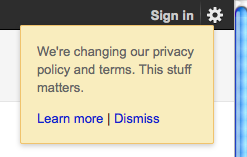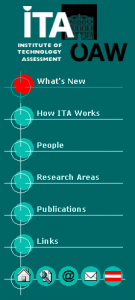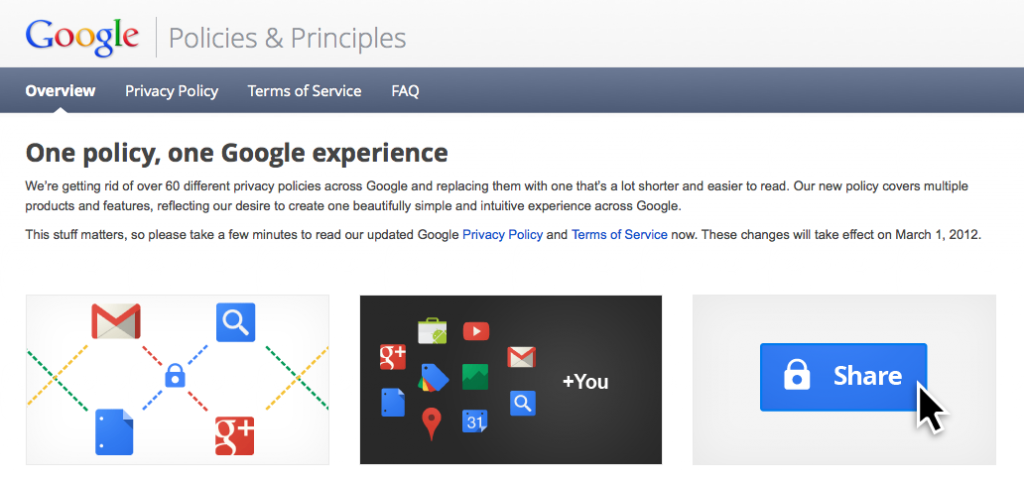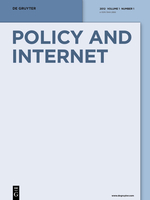Tomorrow Google starts with its new privacy policy and terms of service. “We’re getting rid of over 60 different privacy policies across Google and replacing them with one that’s a lot shorter and easier to read” Google clearly states on its website.  While Google argues this concentration of privacy policies would result in a “simple product experience that does what you need”, criticism may be raised concerning fundamental socio-political implications this policy shift triggers. Google used links, search histories and click rates to personalize search results and – most of all – sponsored links in the past. From tomorrow onwards it will additionally integrate data collected from other services – including Google Mail, Google Maps, YouTube, the social networking site Google+ and many more – to target search results and ads to users’ interests and desires.
While Google argues this concentration of privacy policies would result in a “simple product experience that does what you need”, criticism may be raised concerning fundamental socio-political implications this policy shift triggers. Google used links, search histories and click rates to personalize search results and – most of all – sponsored links in the past. From tomorrow onwards it will additionally integrate data collected from other services – including Google Mail, Google Maps, YouTube, the social networking site Google+ and many more – to target search results and ads to users’ interests and desires.
If you want to protect yourself from Google’s new privacy policy today is your last chance according to John Thomas Didymus from the Digital Journal. Just follow the instructions described in the article to delete your Google Browsing History, “along with any damning information therein”. Contrary to quick solutions offering individual opting-out strategies, however, long-term measures would be needed to seriously challenge a range of implications this policy shift triggers on a societal level, both globally and locally:
First, the increased collection and aggregation of users data on a global scale leads to even more localized and personalized search results, which may narrow or “censor” our web information landscape according to our own, local, (partly arbitrary) parameters. Second, the new privacy policy may be seen as yet another step into the direction of Google’s profit maximization. Global companies like Google create money by selling “user profiles” (generated from massive data collections) to advertising clients and hence turn both web information and users into a commodity. Finally, the new settings raise new privacy issues and data protection  challenges on a local level, where stricter regulations exist than in the US. While corporate search engines succeed very well in localizing their products and services, local policy makers and data protection experts still seem to be overwhelmed by global developments in the information economy.
challenges on a local level, where stricter regulations exist than in the US. While corporate search engines succeed very well in localizing their products and services, local policy makers and data protection experts still seem to be overwhelmed by global developments in the information economy.
These tensions between global economic trends and local socio-political cultures and questions how to achieve long-term measures for creating a more sustainable future of search – specifially focusing on the Austrian context – lie at the heart of my new project “Glocal Search. Search engines at the intersection of global capitalism and local socio-political cultures”. This project will start tomorrow at the Institute of Technology Assessement (ITA), Austrian Academy of Sciences, in Vienna – at the same time as Google’s new privacy settings take effect. The project is funded by the Jubiläumsfonds of the Oesterreichische Nationalbank (OeNB), project number 14702. A detailed description of the project and “glocal” implications search engines pose will soon be published in the ITA newsletter (March issue). I will post the article on my blog once it has been put online. Further, I’ll put up a project page later this month. So stay tuned!


 It’s the Oxford Internet Institute (OII) journal
It’s the Oxford Internet Institute (OII) journal 
